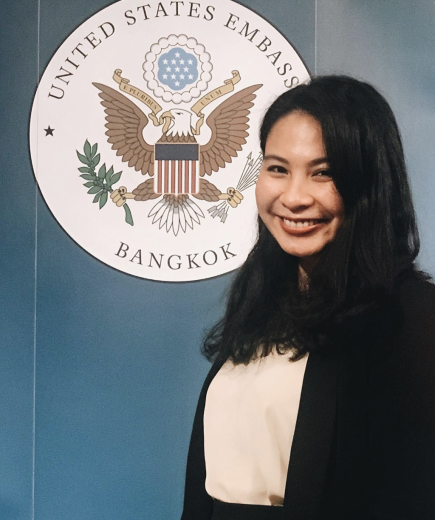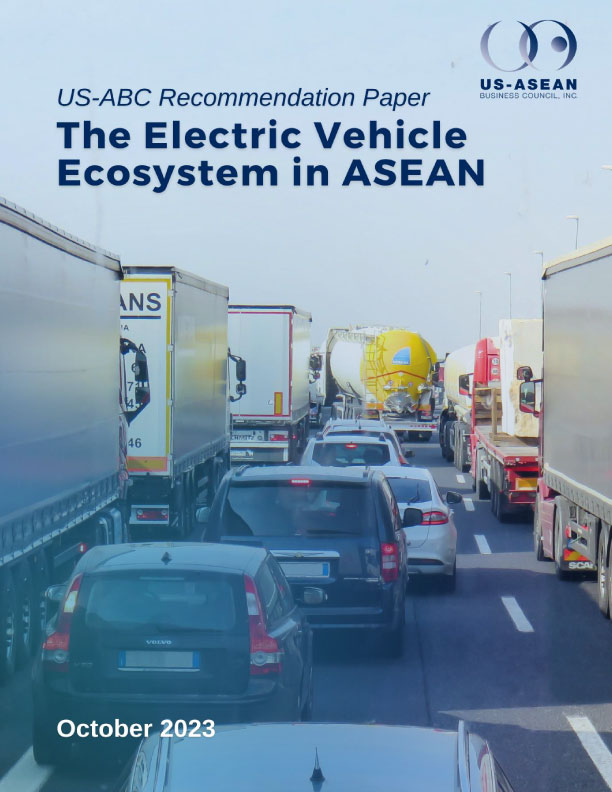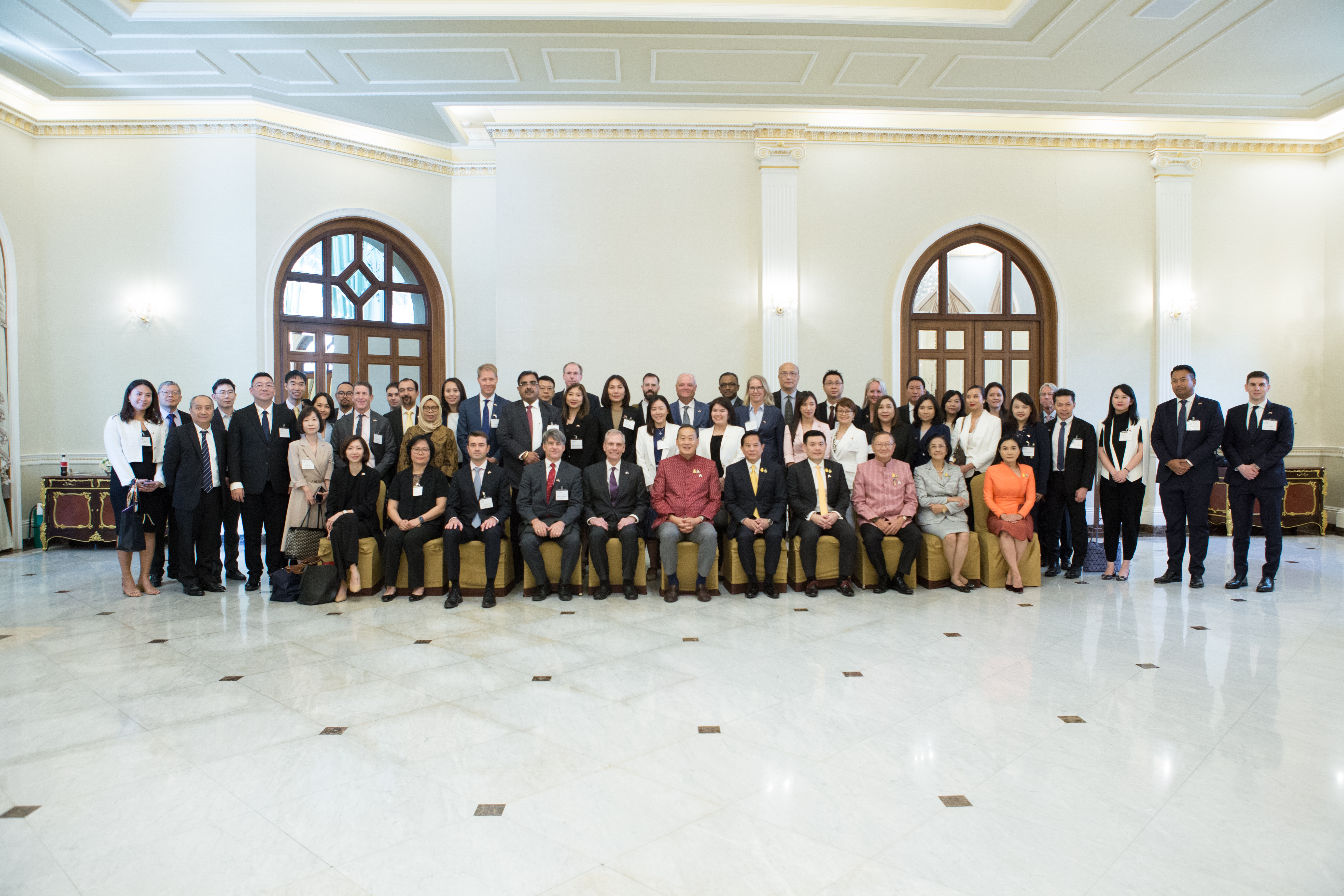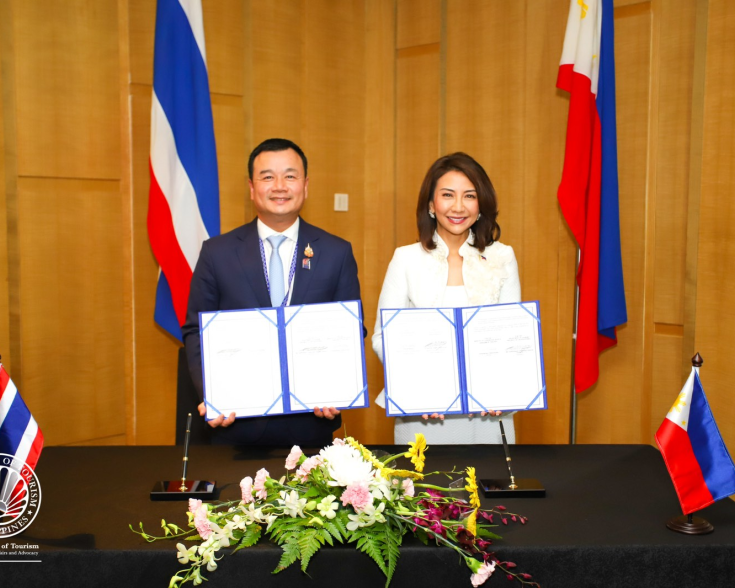Prime Minister Srettha Thavisin Outlines Key Initiatives: EV Incentive Programs, 5th Industrial Revolution, Connectivity Programs, and Halal Hub
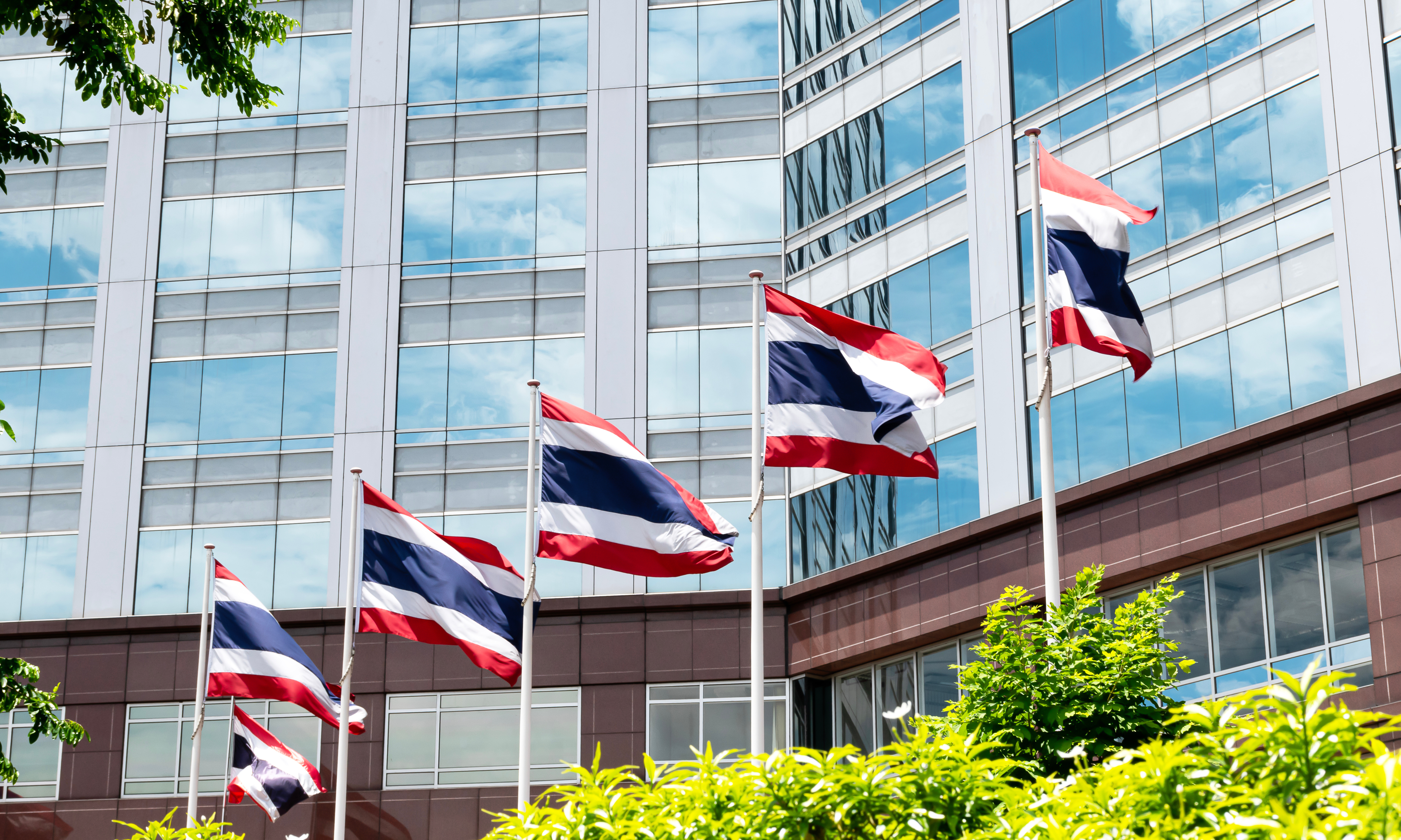
Prime Minister Srettha Thavisin recently revealed a series of strategic measures the Government of Thailand will pursue aimed at propelling Thailand’s economic growth and development. Notably, Thailand’s National Electric Vehicle Policy Committee, chaired by Prime Minister Srettha Thavisin, has approved a special tax deduction for businesses that purchase electric trucks and buses until the end of 2025. Eligible vehicles for this incentive include trucks, liquid trucks, hazardous substance trucks, special trucks, electric buses, and tow trucks. Under the scheme, companies acquiring domestically produced electric trucks and buses will qualify to deduct twice the actual price of the vehicles from their taxes. For the purchases of imported vehicles, the deduction will be equal to 1.5 times the actual price of the vehicles. This initiative aims to significantly curb pollution in the transportation sector, bolster companies' moves toward achieving net-zero emissions, and increase the adoption of EV trucks and buses. Complementing this effort, cash grants allocated for EV battery cell manufacturers will be dispensed through Thailand’s Competitiveness Enhancement Fund. The government has outlined new incentives and requisites for companies interested in establishing local plants for battery cell production. Those measures approved require final consideration and approval by the Cabinet before implementation. With the escalating demand for EVs in Thailand, the government seeks to attract businesses engaged in artificial intelligence and electric vehicles. According to government projections, Thailand aims to transition 30% of its annual production of 2.5 million vehicles into EVs by 2030.
PM Srettha Thavisin also unveiled an ambitious plan to transform Thailand into a regional aviation and transportation hub by 2030. This comprehensive initiative involves upgrading Suvarnabhumi Airport to rank among the top 20 globally within five years, continuing the flagship Eastern Economic Corridor (EEC) project, and expediting railway and high-speed train connectivity projects. Funding sources will include government fiscal budgets and public-private partnerships. In a bid to attract more tourism and Thailand’s global standing, the Thai cabinet has approved initiatives to elevate Thailand into a leading halal hub in Southeast Asia by 2028. The strategic plan focuses on five product categories: food, fashion, pharmaceuticals and herbal products, cocoa, and services and tourism. The five-year plan is projected to bolster GDP by 1.2%, or approximately 55 billion baht, while generating an estimated 100,000 jobs annually.
The Government of Thailand also announced its commitment to attracting foreign investments in cloud computing and expertise to develop Thailand’s digital ecosystem and infrastructure for the 5th industrial revolution (5IR). Building upon achievements during the 4th Industrial Revolution, Thailand aims to enhance its digital ecosystem and infrastructure, positioning itself as a leader in the global digital economy


